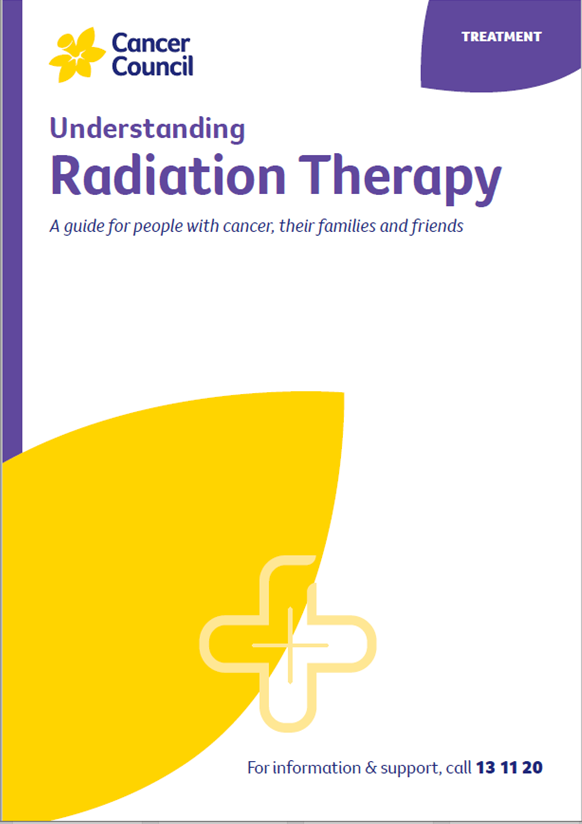- Home
- Chronic lymphocytic leukaemia (CLL)
- Treatment
- Palliative treatment
Palliative treatment for CLL
In some cases of advanced chronic lymphocytic leukaemia (CLL), the medical team may talk to you about palliative treatment (sometimes called supportive care).
Improving quality of life with palliative treatment
Palliative treatment helps to improve your quality of life by managing the symptoms of leukaemia without trying to cure the disease. Many people think that palliative treatment is for people at the end of their life; however, it can help people at any stage. It is about living as long as possible in the most satisfying way you can.
Managing symptoms and slowing progress of leukaemia
As well as slowing the progress of leukaemia, palliative treatment can relieve any pain and help manage other symptoms. Treatment may include blood transfusions and short courses of radiation therapy, chemotherapy, targeted therapy or other medicines. If you have ongoing symptoms, ask for a referral to the symptom management or palliative care team.
Comprehensive care from a palliative care team
Palliative treatment is one aspect of palliative care, in which a team of health professionals aims to meet your physical, emotional, cultural, spiritual and social needs. The team also supports families and carers. Your care may be led by a specialist palliative care team or by your GP and a community nurse.
For more on this, see Palliative care and Living with advanced cancer.
→ READ MORE: Life after treatment for CLL
Video: What is palliative care?
Watch video on how palliative treatment aims to manage symptoms and improve people’s quality of life without trying to cure the disease.
Podcast: Treatment Options for Advanced Cancer
Listen to more of our podcast for people affected by advanced cancer
More resources
Dr Chun Kei Kris Ma, Clinical Haematologist, Western Sydney Local Health District (clinical update); Delphine Eggen, Consumer; Dr Robin Gasiorowski, Staff Specialist, Haematology, Concord Hospital; Karl A Jobburn, Haematology Clinical Nurse Consultant, Liverpool Hospital; Yvonne King, 13 11 20 Consultant, Cancer Council NSW; Heather Mackay, Clinical Nurse Consultant, Westmead Hospital; Jennifer Paton, Consumer.
View the Cancer Council NSW editorial policy.
View all publications or call 13 11 20 for free printed copies.

